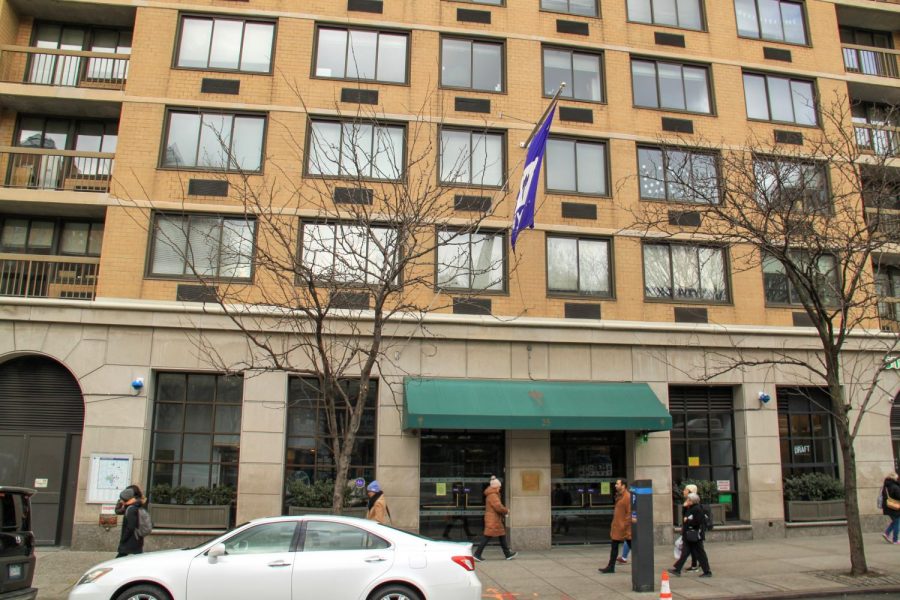Carlyle Court Residence Hall and Third Avenue North Residence Hall will likely be used as extra hospital spaces, according to an email sent out by NYU leadership on Saturday, April 4.
“The City and State reached out to us about the availability of our remaining residence halls to assist with the response to the coming peak of the coronavirus illness here; with so many people doing so much to battle COVID-19, the University feels a responsibility to assist where it can,” the email reads.
Third North will be made available starting Monday, April 6 and Carlyle will be on offer next week, the email states. The decision to make dorms available comes after requests from both New York City and State governments regarding the potential use of university buildings as New York City approaches the peak of the COVID-19 crisis, the email states.
The rate of coronavirus deaths in New York State has held steady for two days and ICU admissions have increased at a slower rate for the second day in a row, New York State Governor Andrew Cuomo announced in a Monday briefing.
Despite the signals of a flattening curve, the Governor shared that hospitals are operating at maximum capacity, which means they will not feel relief until cases decrease. On Monday, coronavirus cases in New York stood at 4,758, which is up by 599 cases from the day before. New York State on PAUSE — which closes schools and non-essential businesses — has also been extended until April 29.
The U.S.N.S Comfort and the Javits Center are currently the two primary overflow spaces operating in New York City. Initially, they had unclear roles in coronavirus relief efforts. The Comfort had been strict about exclusively treating non-coronavirus patients until President Trump yielded to Governor Cuomo’s appeals on Monday. The same was true of the Javits Center, which only began accepting coronavirus patients late last week. The email did not specify which patients would be treated in the dorms.
“COVID-19 has caused great disruption and heartache, and there is more to come, no doubt. Yet its effects will not last forever,” the email concludes. “We should not lose sight of the power of hope, nor should we give up on looking forward to that wonderful day when we can be in one another’s company again.”
Email Emily Mason at [email protected].


























































































































































